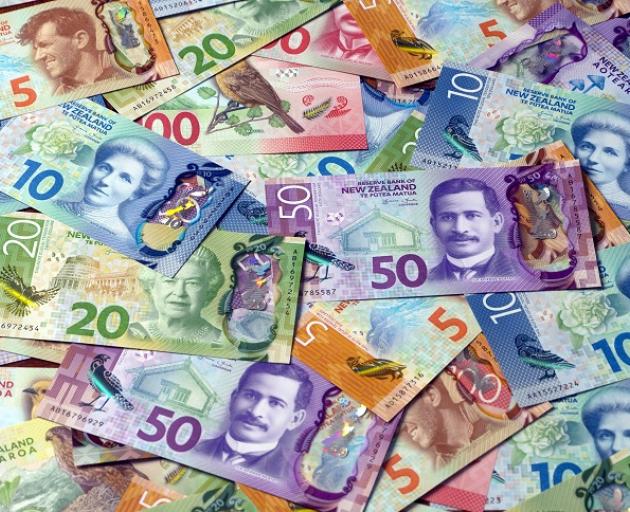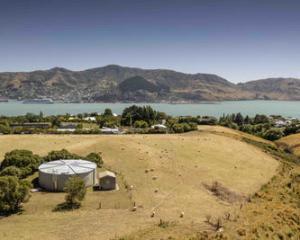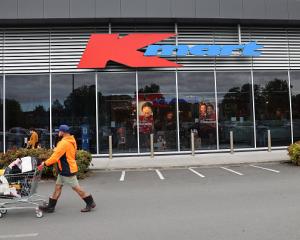
The median of analysts' forecasts is that consumer prices rose by 1.4 percent in the three months ended September, taking the annual rate to 4.1 percent from 3.3 percent in the previous quarter, and the highest since 2011 when GST was raised.
ANZ economist Finn Robinson said stronger fuel, freight, housing and food costs are expected to be the main drivers for the current surge.
"Underlying inflation pressure is undoubtedly very strong right now - although there are many temporary factors going into the mix that are propping up headline inflation.
"Supply disruptions continue to be a major theme - and while we still see these as being persistent, not permanent, the risk is that the cost increases coming from this disruption seep into general price and wage setting behaviour, generating a wage-price spiral."
Inflation at such high levels will be a novelty for many households and businesses, but the stark reality is that rising costs are stretching household and business finances, and the former influences that were keeping a lid on prices are disappearing.
"For the last 10 years most businesses have said 'I don't want to put my prices up because I don't want to be left high and dry if nobody else puts their prices up' ... but at the moment all businesses are in the same boat facing massive cost pressures across the board so there's not the same discipline that we might have had previously," said Infometrics chief forecaster Gareth Kiernan.
ANZ's latest business confidence survey showed record levels of businesses reporting higher costs and intending to raise their prices.
Robinson said the worry was that the rise in prices would feed through into increased wages in a tight labour market, which would lead to inflation becoming more entrenched.
At the start of the year the Reserve Bank was sounding relaxed by growing price pressures, much of which it said was temporary and it would discount. In the past it had said it would contemplate allowing inflation to rise above its 2 percent target point.
But the second quarter's elevated number changed the central bank's attitude, and after a false start in August when it pulled back from raising interest rates just as the latest Covid-19 outbreak occurred, it delivered its first rise in the official cash rate (OCR) last week with a hint of more to come.
Robinson said the balance of risks for inflation were looking "pretty uncomfortable", which the RBNZ could not and would not ignore.
"We're confident that all going well, the RBNZ will be able to quickly rein in inflation pressure with a series of gradual OCR hikes over the next year."
Current expectations are for the OCR to be raised again in November and then several rises next year to settle at around 1.5 percent going into 2022.












